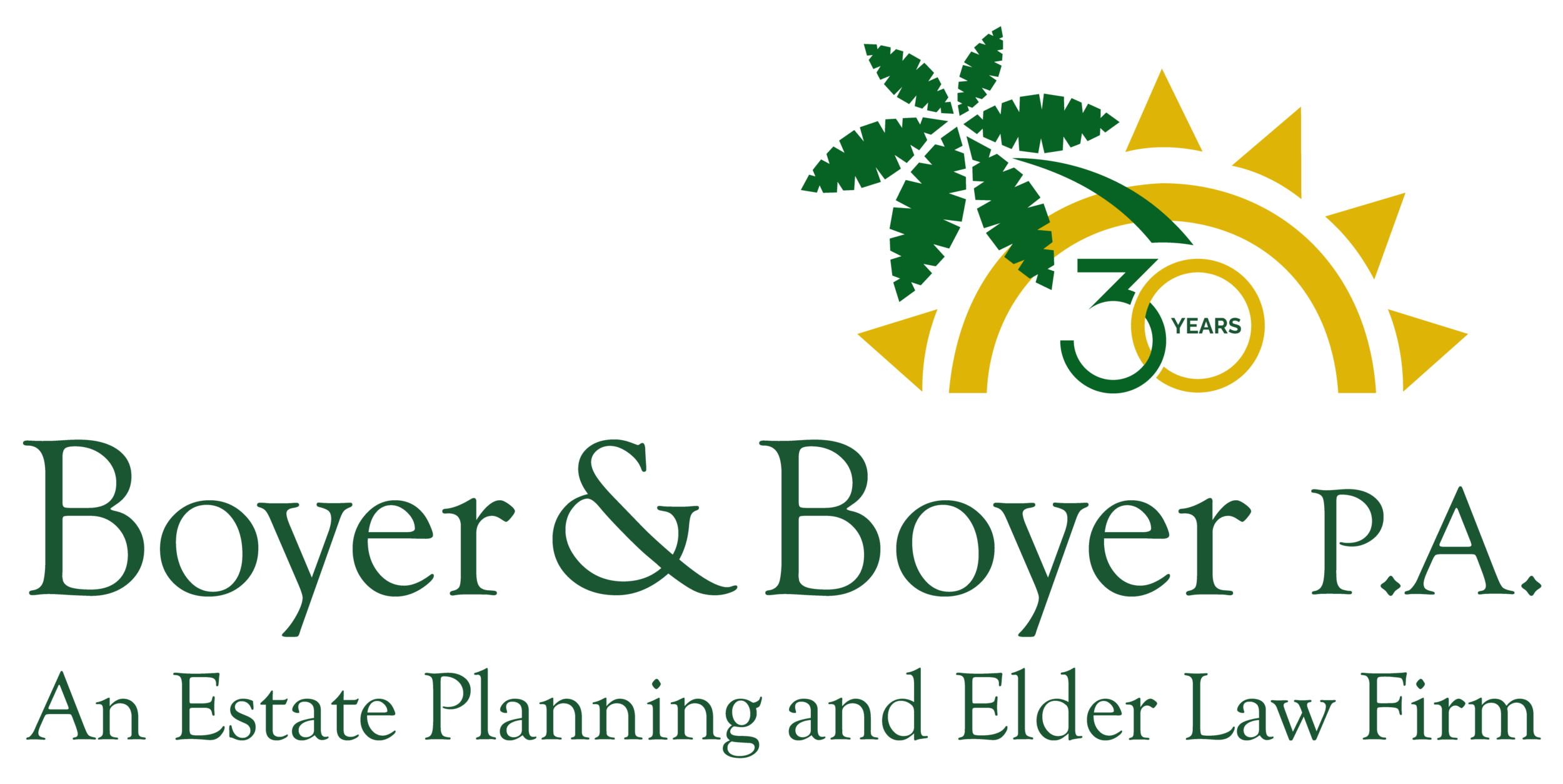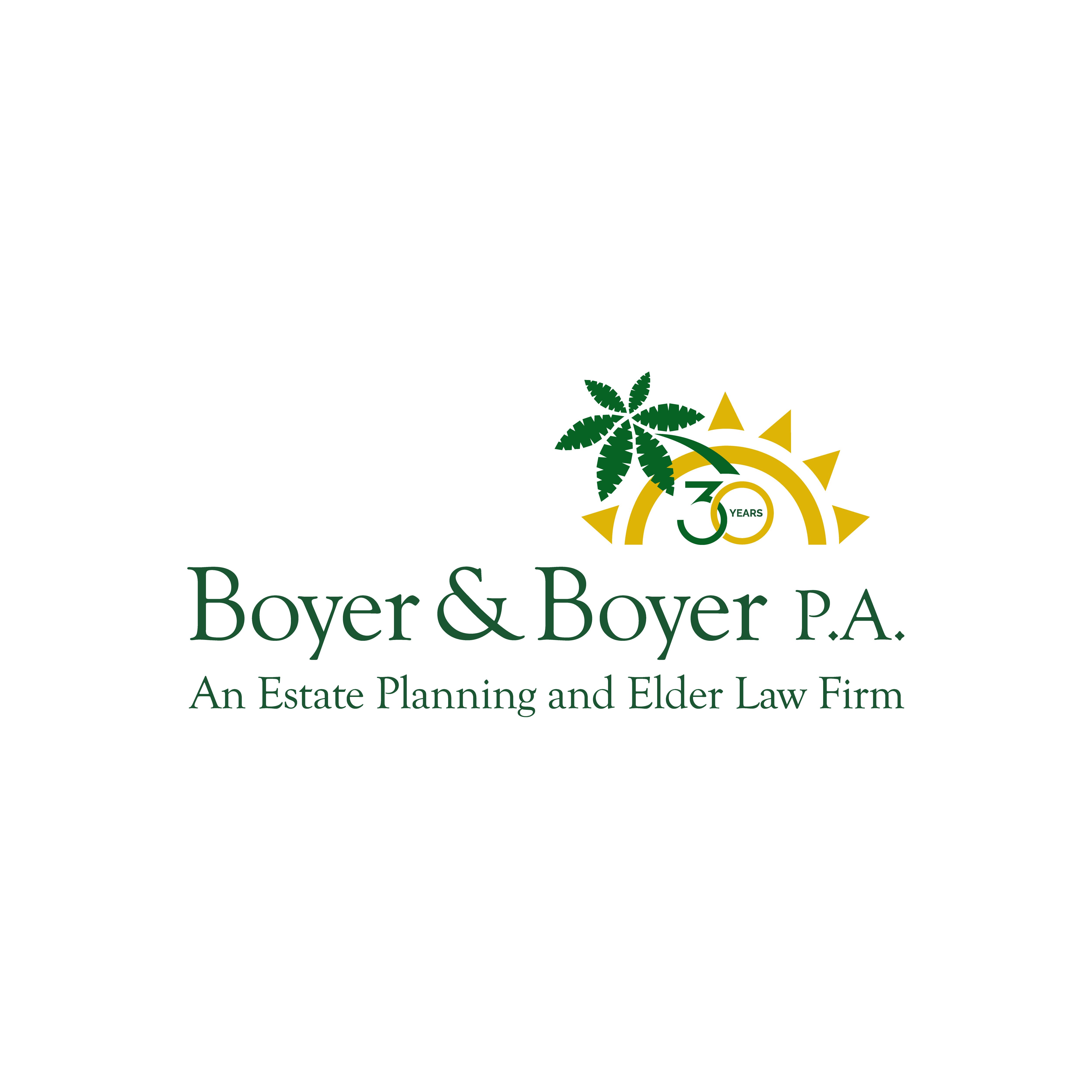“Free Lunch” isn’t free, so says the SEC
By Andrew Boyer
A 2007 report by the Securities and Exchange Commission reports that some 23% of sales seminars had indications of unsuitable recommendations to purchase investments while some 13% had indications of possible fraudulent practices.
So while you can’t say all seminars are bad (some are very informative), it’s a good idea to check out the company and individual representatives before you make plans to attend.
The full report can be viewed here – freelunchreport
Additionally, the SEC provides a number of helpful resources for seniors found on the last page of the report. I have copied these resources below for convenience:
RESOURCES FOR SENIORS
- The SEC provides important information for senior investors including
explanations of different products, asset allocation and risk. You can also get
information on affinity fraud, “senior specialists” and investment advisers and
what to look for to identify and steer clear of potential frauds.
http://www.sec.gov/investor/seniors.shtml
- FINRA also provides important information for senior investors. Its website has
such items as Broker Check – that gives you the ability to look up the history of
your investment professional to see if they have prior complaints or problems:
FINRA’s website also has tools and resources to protect senior investors and help
them make informed investment decisions, including “Investor Alerts” that
provide timely information on steering clear of investment scams and problems
instead of just dealing with their aftermath. Subjects of recent alerts include
“Look Before You Leave: Don’t Be Misled by Early Retirement Investment
Pitches That Promise Too Much,” Annuities and Senior Citizens: Senior Citizens
should be Aware of Deceptive Sales Practices when Purchasing Annuities,” and
“Seniors Beware: What you should know About Life Settlements.”
http://www.finra.org/InvestorInformation/InvestorAlerts/index.htm
- The North American Securities Administrators Association (NASAA) also has
helpful information available for seniors on its website:
http://www.nasaa.org/Investor_Education/Senior_Investor_Resource_Center/
Resources include: a quick checklist of questions to ask before you invest, 10 tips
to protect your nest egg and guidance on where to turn for help.
- Regulators have warned that seniors may be confused by designations that imply
some expertise in helping seniors. Information regarding professional
designations is available through NASAA’s Investor Alert is at www.nasaa.org,
the SEC’s information on professional designations at
http://www.sec.gov/investor/pubs/senior-profdes.htm and NASD’s professional
designation database found at




